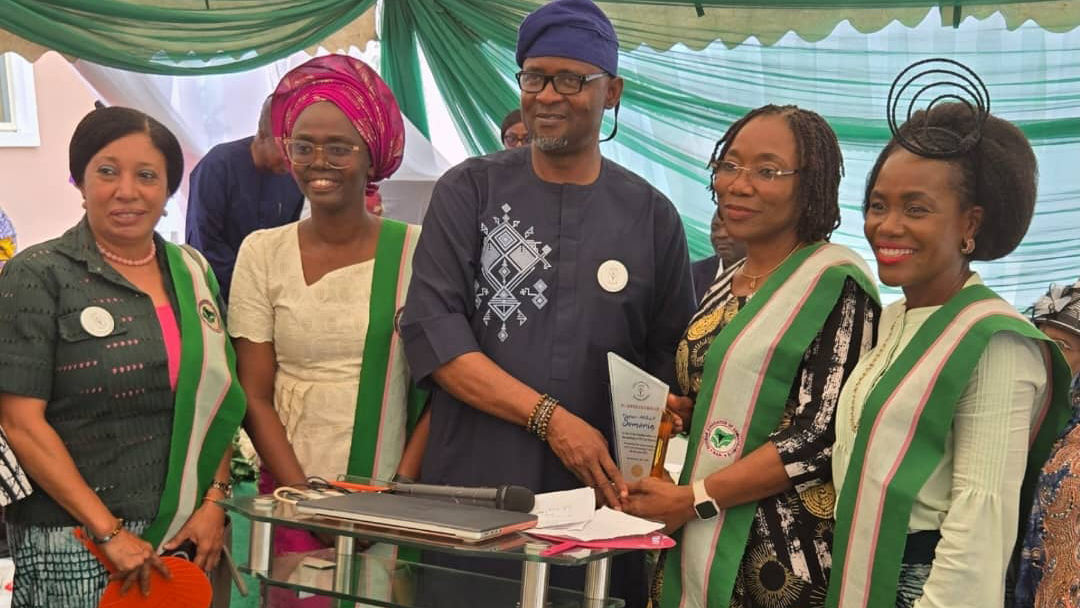Minister of Health and Social Welfare, Prof. Ali Pate, has called on federal, state, and local governments to take the lead in financing and strengthening Nigeria’s healthcare systems, noting that the country is at a decisive moment as foreign aid continues to decline.
Speaking at the National Health Financing Policy Dialogue in Abuja, themed “Reimagining the Future of Health Financing in Nigeria” and organized by the National Health Insurance Authority (NHIA), Pate expressed concern over the country’s high out-of-pocket health spending, which currently stands at over 70 percent.
“This means Nigerian families are shouldering the bulk of the nation’s healthcare costs,” he said, adding that health insurance coverage remains low, with only about 10 percent of Nigerians currently enrolled, and significant regional disparities persisting.
He lamented the inconsistent counterpart funding for the Basic Healthcare Provision Fund (BHCPF), with allocations often delayed or unreleased, as well as accountability gaps that make it difficult to track spending and link funds to health outcomes.
Pate also noted that while Nigeria’s consolidated fiscal position improved significantly in 2024 — with the fiscal deficit shrinking from 5.4 percent of GDP in 2023 to 3.0 percent in 2024 — more must be done to channel available resources into health.
“A total of 34 Nigerian states recorded an aggregate fiscal surplus. State Internally Generated Revenues grew by 46 percent, reaching ₦2.9 trillion, while grants and aid nearly tripled to ₦1.5 trillion,” he said.
“We now have an opportunity to leverage additional public financing for universal health coverage (UHC) through health taxes, particularly on tobacco, alcohol, and sugar-sweetened beverages.”
Also speaking, Minister of Budget and Economic Planning, Senator Abubakar Atiku Bagudu, said mechanisms have been put in place to attract more investment into the healthcare sector.
He stressed that the combination of public and private resources currently available remains insufficient to meet the healthcare needs of over 220 million Nigerians.
“The country is still not accessing private capital in the volume and at the cost comparable to other countries,” Bagudu noted.
“But forums like this will help tell our story — that Nigeria is striving to get it right, creating an enabling environment for investors. When I see world-class healthcare campuses abroad, I ask: why not in Nigeria? We have the population and the capacity to absorb those investments.”
He added that Nigeria’s development plan highlights the country’s potential as one of the largest markets for healthcare investment in Africa, underscoring the need to fully integrate private sector participation in building and running world-class facilities locally.






